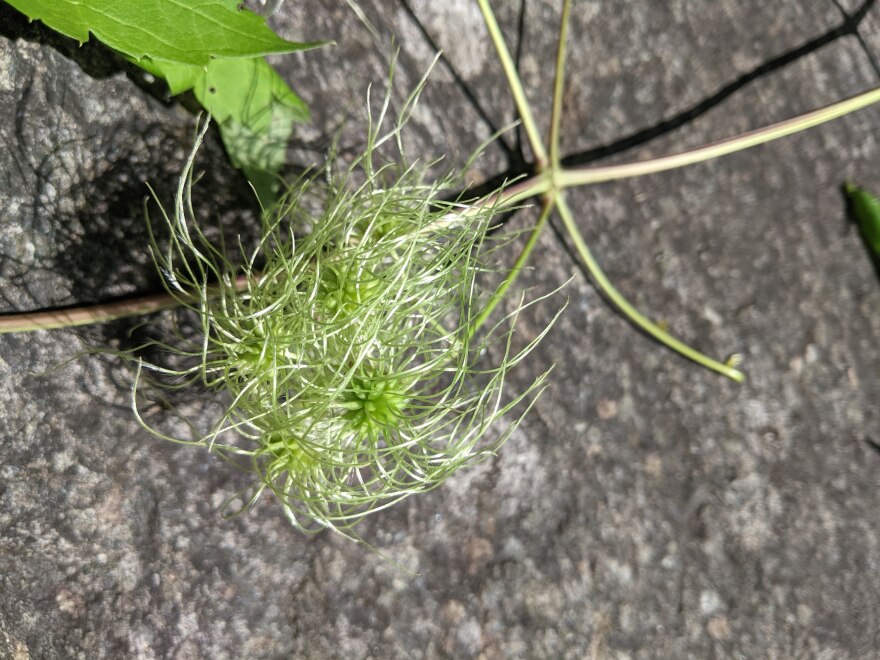The green leaves, vines and tendrils have spread out in your garden and you've been excitedly awaiting the fruits of your gardening! But how do you know that the watermelon and squashes are ripe? Learning a few key tips to determining the readiness of your melons, squash and pumpkins will lead to a successful harvest.
Knowing when melons and cantaloupes are ripe is fairly straight-forward. Simply take a look at the cantaloupe fruit itself. The peel or skin of the fruit begins to turn a brownish color. Lift it up and if it slips off the vine without much effort, it's ripe.
Testing watermelons for ripeness is a bit trickier as they don't just slip off the vine when ripe like cantaloupes do.
You can test ripeness by thumping the watermelons to see if they make a hollow sound. You’ll need to know just what a hollow watermelon sounds like, though!
Another trick is to look at the part of the watermelon that sits on the ground as it grows. When that turns yellow, chances are good your watermelon is ripe.
A more accurate way to judge if the melon is ready to harvest is to look at the vine itself. If the tendril that is closest to the watermelon fruit as it grew on the vine turns brown, that’s the sign it'll be ripe.
When it comes to winter squashes, you’ll need to know which variety of winter squash you planted and what its mature color should be in order to determine its ripeness.
Butternut squash will turn tan. Acorn squash can be white, green or even black when they mature, depending on the variety you planted.
You can also take your thumbnail and gently press it on the skin of the winter squash. If it easily leaves an indentation then it's not ripe yet. If you get some resistance, then it's probably ripe.
All of these methods may seem like determining your winter squashes’ ripeness is more art than science but there is good news: You can leave them out in the garden for as long as you want before the first frost.
My stonewall flower garden is full of horsetail. I read that vinegar would help to kill it, but I’m worried about my perennials. Will the vinegar hurt my perennials? And if so, is there something else that is more effective? - Patti, in Richmond
You are right to pause; vinegar will harm your other plants, as it is very acidic. It's kind of an indiscriminate killer so it’s best not to use vinegar to get rid of horsetail.
You can try to get rid of it by being more diligent and tenacious than it is!
After a rain in the spring, just as it is starting to grow, pull as much horsetail out as you can. Also, pull as much of the root system as possible. Then, keep cutting it back all summer long.
If you have a lot of horsetail ferns, you might even consider pulling out some of those perennial plants and moving them elsewhere.
Using a black plastic tarp, cover the whole area where the horsetail are a problem. Leave it for a year or two to weaken the horsetail.
There really is no easy way to get rid of horsetail. But if you're more tenacious than it is you can begin to make a dent.
I am having trouble identifying an invasive vine growing in areas on our property. I thought it might be kudzu, but it has white flowers. The vine grows in open areas, blanketing ferns and large shrubs, but can also start growing on trees on the forest edge. - Barbara, in Huntington

If this is in bloom now, it is most likely sweet autumn clematis. This aggressive plant is a relative of the native clematis but the sweet autumn clematis variety is on a lot of invasive plant lists.
If you can, cut it down and pull out as much as you’re able. If you really like fall blooming clematis, try Virgin's Bower, which looks similar but is not as aggressive and invasive.
Have questions about bringing some plants indoors now that summer is winding down? Send them to us and we’ll answer them next week.
We've closed our comments. Read about ways to get in touch here.
All Things Gardening is powered by you, the listener! Send your gardening questions and conundrums and Charlie may answer them in upcoming episodes. You can also leave a voicemail with your gardening question by calling VPR at (802) 655-9451.
Hear All Things Gardening during Weekend Edition Sunday with VPR host Mary Engisch, Sunday mornings at 9:35.
Have questions, comments or tips? Send us a message or get in touch by tweeting us @vprnet.






